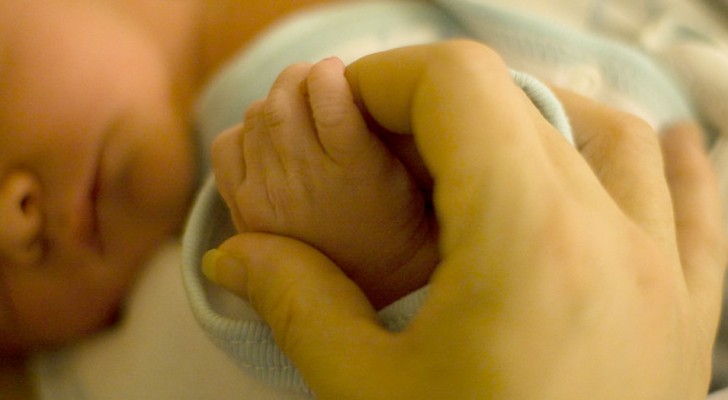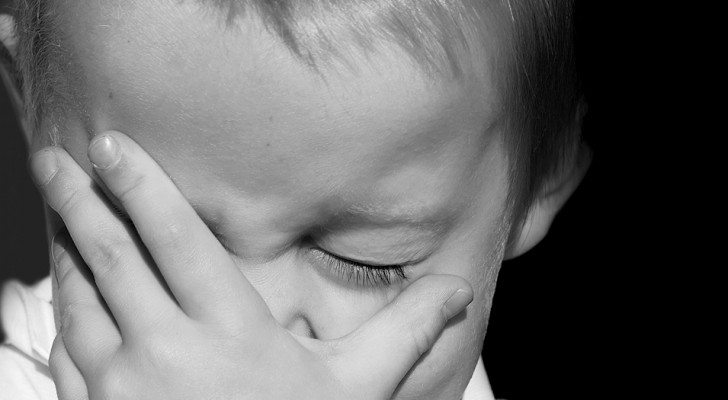Children who are suffering from a lack of affection usually manifest these 3 behaviors
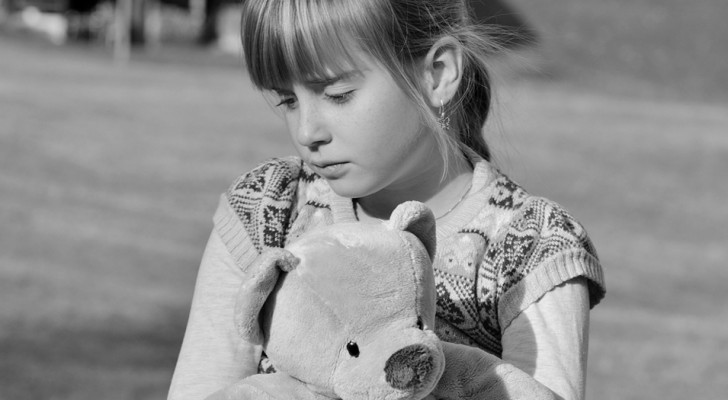
Love allows a child to grow up healthy and safe, building a solid character and learning how to behave in different situations of life. Affection should not be confused with the simple "manifestations of affection", that is to say, gestures that are also visible and recognizable externally by a stranger.
True affection is made of a profound contact that is not only physical but also loving, sincere, and trustworthy. For children, the family is the first connection to the society that awaits them. It is in their own home, from their parents and relatives that a child learns what to expect from the outside world.
When emotional shortcomings emerge, it means that the relationship between children and parents is not good and that the latter do not know or cannot give what their children really need. The recipe for a happy childhood is basically quite simple, as long as the child is fed, protected, and loved.
However, while the lack of food manifests itself clearly, that of affection is much more difficult to detect. Here are some warning signs to pay attention to.
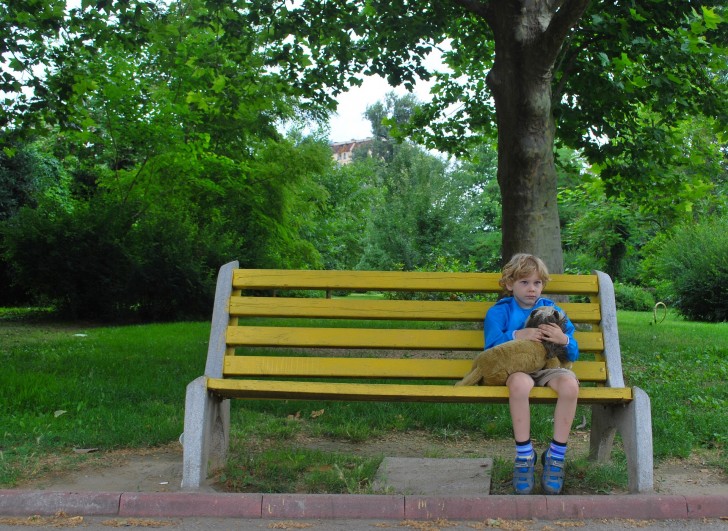
1. The child seeks isolation or manifests anger. The way we relate to others says a lot about us. Experiencing mostly conflicting relationships or on the contrary, avoiding them altogether is proof that something is wrong. Poor "social skills" cause dysfunctional interactions because we do not know how to act, and in other cases, results directly or indirectly in isolation. It may seem that this kind of child has little respect for the emotions of others when in reality they simply "do not understand them". The result will be feelings of frustration and anger.
2. The child feels insecure. A child who has not had enough affection, in many cases, grows up more than just shy; they feel insecure and lack self-confidence. Some common strategies are avoiding conflicts and difficult situations, being constantly on the defensive or having an obsession with being in control. On the other hand, insecurity can also manifest itself with acts of bullying or showing off, because many insecure children adopt behavior that allows them to hide their fragility behind a facade of strength.
3. The child cannot control their emotions. A child who has grown up in an environment where they experienced a lack of affection will have difficulty recognizing emotions and for this reason, understanding them and therefore, controlling them. Accordingly, the inevitable result is that the child will have less consideration and respect for social norms and will invariably behave inadequately with others. Not knowing how to identify and code emotions once they have become adults could also create difficulties in relationships due to the lack of empathy.
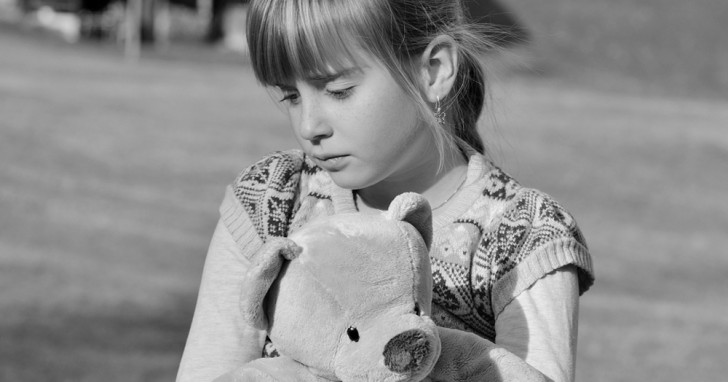
Too often distracted or focused only on what they want to believe, adults tend to ignore all these warning signs, assuming that their children are serene, healthy and happy. Sometimes, it is enough just to stop for a moment to "observe and not just see" to notice a problem and solve it with communication and love.

